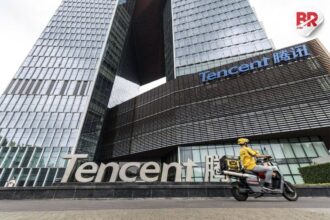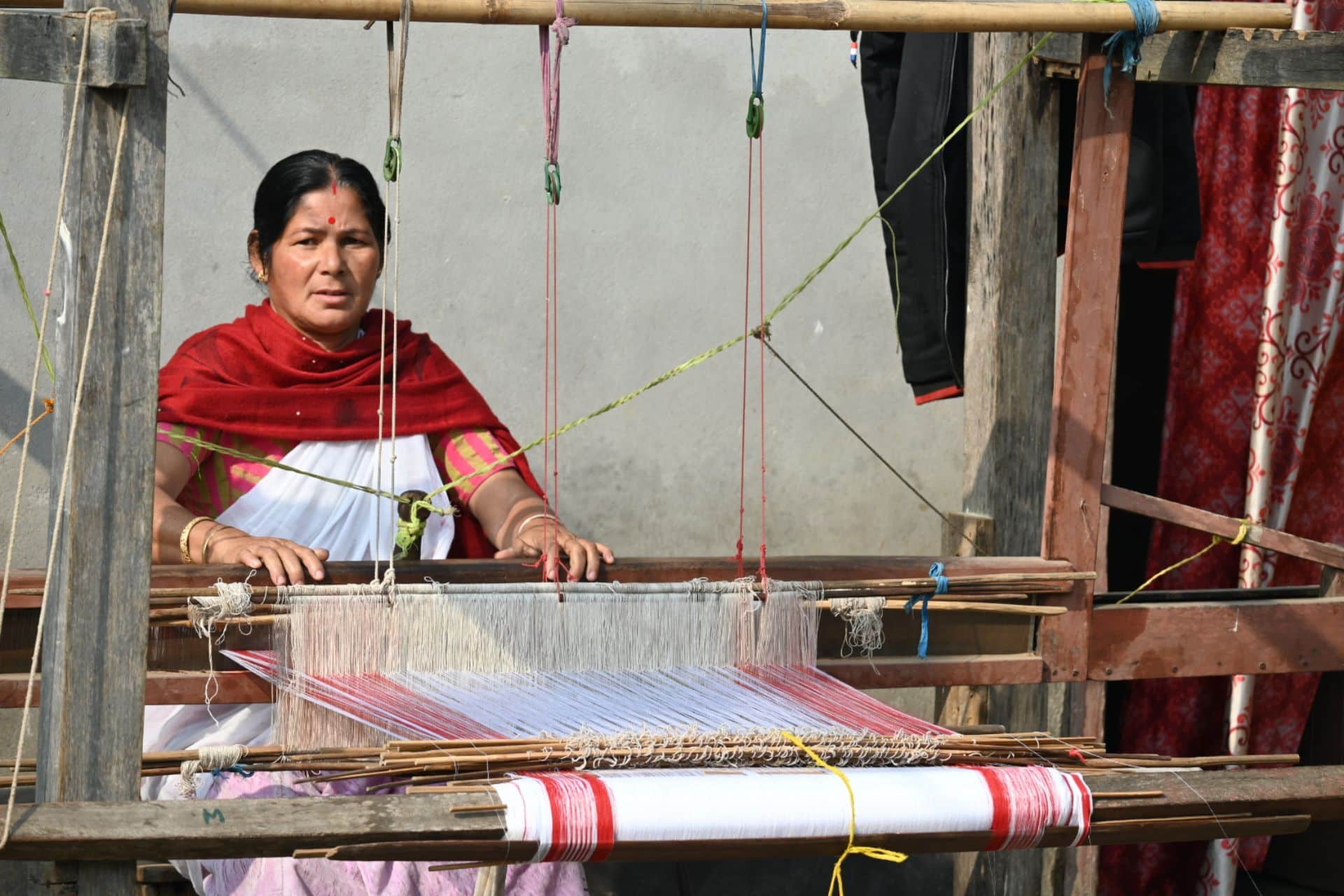
Shares of Maruti Suzuki dropped 1% to ₹12,427 on June 11 after its ambitious electric vehicle plan hit a major roadblock. According to CNBC-TV18, the much-awaited e-Vitara launch is now delayed, and the company has slashed its electric vehicle production targets for FY26.
Originally, Maruti Suzuki planned to launch the e-Vitara in Japan and Europe before introducing it in India. But now, thanks to China tightening export controls on rare earth magnets—key parts in EV motors—the timeline has been pushed back. This development follows the ongoing trade tensions involving the US and China, especially under Donald Trump’s economic playbook.

If you were hoping to see Maruti’s first electric SUV cruising Indian roads this year, you might have to wait longer. For India’s biggest carmaker, this isn’t just a delay—it’s a dent in its EV game.
The company has reduced its EV production target for the year from 88,000 to 67,000 units. Even the short-term plan of producing 26,500 units by September has been trimmed drastically to just 8,200.
A China-Sized Problem
Rare earth magnets are essential for EVs. Unfortunately, China controls 90% of global supply. And with the latest export restrictions, finding affordable and reliable alternatives is nearly impossible in the short term.
“As of now, substitutes from Malaysia, Vietnam, or Australia are limited in scale and cost far more. Plus, testing new sources can take years,” Shridhar Kallani of Axis Securities told Moneycontrol. (Source)
So yes, even a small part can stall an entire revolution.
Also Read India Adds $1 Trillion in M-Cap Since March, Outpaces Global Peers by 21%
Government on the Case (Sort of)
Commerce Minister Piyush Goyal, speaking in Switzerland earlier this week, said India is in talks with China and is also looking for new trade routes and supply chains. That’s helpful, but change won’t come overnight. Meanwhile, two-wheeler giants like Bajaj Auto and TVS are also warning of possible production halts next month.
The Bigger Picture
Maruti Suzuki says production should pick up pace by October. The company still hopes to hit the revised target for FY26. The long-term EV strategy isn’t scrapped—but it’s definitely shaken.
For a company that’s late to the EV party, delays like this hurt more. And for Indian consumers hungry for more electric options, it’s another “not yet” moment.
Because in today’s EV race, it’s not just about speed—it’s about surviving the supply chain.
Also Read INDIA UNLEASHES PROJECT VISHNU! Mach 8 Hypersonic Missile With 1,500-Km Range












